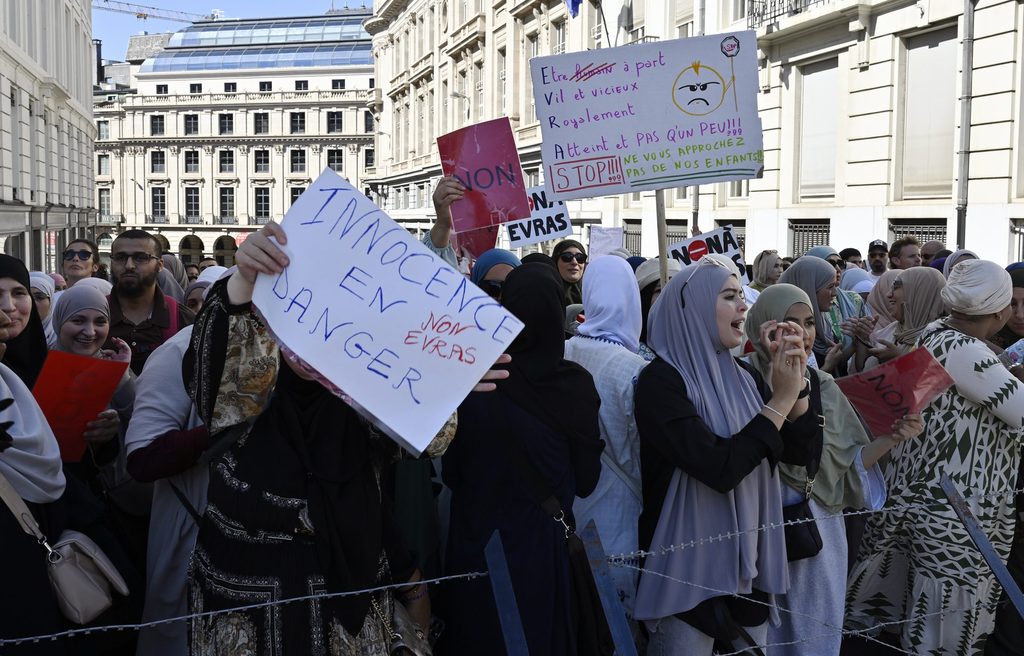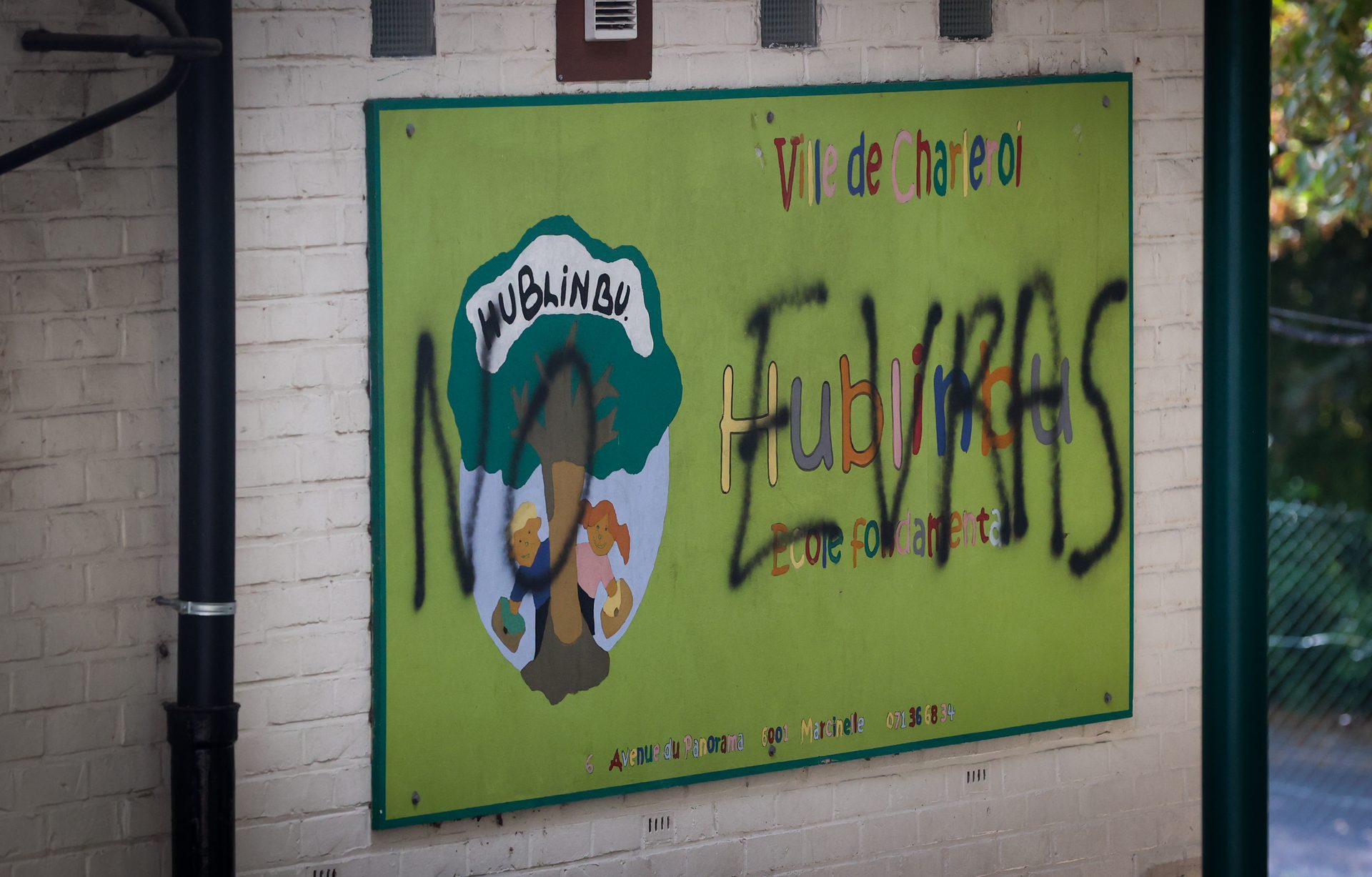In an effort to harmonise teaching levels across its schools, Belgium's French-speaking Community recently updated its policy on sexual education so that all pupils in certain age groups will receive at least two hours of instruction during the academic year.
Until now, schools under Belgium's French-speaking administration have been allowed to decide individually whether to carry out sexual education classes – unlike in Dutch-speaking schools where it is already mandatory. The change means that pupils will have two hours in 6th grade (ages 11-12) and another two in 4th grade (15-16). These will be taught by specially trained educators.
But the decision has been met with an unusual show of force by parents and civil organisations, many of whom claim that the measure will "hypersexualise" pupils and argue that parents should choose when to discuss with their children. Already last Thursday, a sizeable crowd of protestors gathered in front of the Fédération Wallonie-Bruxelles plenary meeting, in which parliamentarians voted for the proposed policy whose acronym EVRAS stands for "Education à la Vie Relationnelle, Affective et Sexuelle".
The strength of feeling on the issue was clear, with shouts for the policy to be dropped and for the education minister Caroline Désir to resign. A notable number of protestors framed their opposition along religious objections, insisting that the classes would "corrupt the innocence of minors".

Several hundred people demonstrated at the start of the plenary session of the parliament of the Wallonia-Brussels Federation, in Brussels, Thursday 07 September 2023. Credit: Belga / Eric Lalmand
Responding to the criticisms, Désir gave assurances that the policy has been deliberated at length and asserted that it has been misrepresented by religious factions with their own agenda. "We’re not going to encourage sexual orientation or gender identity, we’re not going to give lessons in sexual practices. It’s unacceptable to frighten parents on this subject."
Burning schools
But the discontent for EVRAS this week intensified as a number of schools in Charleroi were targeted by arson attacks. Many of the sites were tagged with anti-EVRAS messages. Though police have yet to identify the perpetrators, in a statement on Wednesday morning Charleroi police zone said that the motives are "clearly political".
Paul Magnette, Charleroi mayor and leader of the socialist party PS, was quick to condemn the attacks, branding them "acts of terror" against the teaching community and the pupils themselves. Several of the affected schools remained closed in the wake of the attacks, causing significant disruption to classes.
Des enfants de 2 ou 3 ans ont découvert ce matin qu'on avait voulu brûler leur école. Des gens s'attaquent à la liberté d'enseignement, à nos écoles. Ils recourent à la violence. Ce sont des actes de pure barbarie. pic.twitter.com/gSvZRJJM2s
— Paul Magnette (@PaulMagnette) September 13, 2023
This Thursday morning saw another school hit with an arson attack at approximately 02:00. Emergency services were quick to arrive on the scene and the fire was prevented from spreading. However the damage was significant and the head of the local fire brigade Olivier Flemal stated that a slightly delayed response would likely have resulted in the school burning down. The school was closed on Thursday.
Blown out of proportion
Commenting on the opposition to EVRAS, Wannes Magits – a policy developer at the Flemish expertise centre for sexual health Sensoa – told reporters that the anger "comes from a strict religious corner, both Catholic and Islamic." He pointed to a "fake news campaign that plays on the emotions of parents" which featured absurd and baseless claims that have sent parents into a panicked frenzy.
The changes introduced in the French system will bring teaching in line with that already in place in the Flemish system. Numerous health and education experts have highlighted the benefits of this form of teaching, which frequently covers pertinent topics not taught at home.
In particular, attention has been called towards religious households where these topics are avoided or even discouraged. This can lead to important gaps in knowledge that will be to the detriment of young people now and in later life.
#EVRAS : Comment s'endormir moins bête en 60 secondes, épisode spécial #factchecking. 💡 #commentsendormirmoinsbête pic.twitter.com/5630bk5ECN
— CentreActionLaïque (@ActionLaique) September 14, 2023
A video explaining the EVRAS programme. For more information about EVRAS see here.

